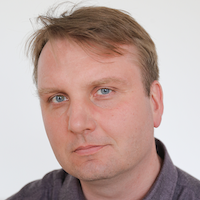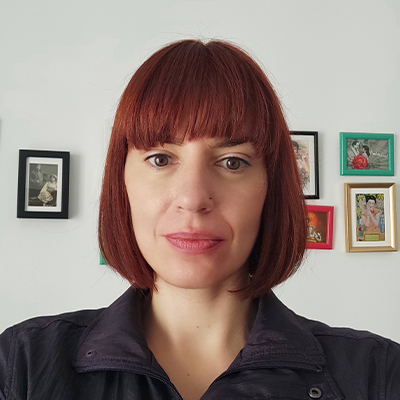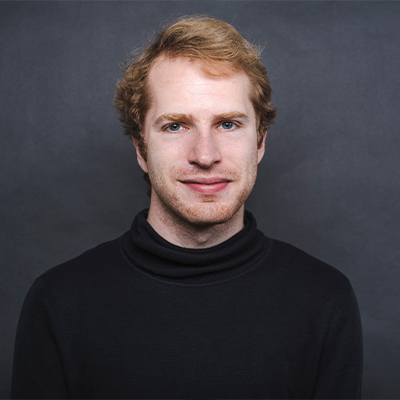Hi from Warsaw,
As I write these words, the number of casualties in the recent earthquake has reached 37, 000 people. For weeks to come, we will be wondering whether one of the greatest humanitarian catastrophes of recent decades could have been avoided if, for example, Turkish houses had been more solidly constructed.
But the tragedy has unleashed a great deal of solidarity among the world community. Germany has lifted visa requirements for Syrian victims. The Greeks rushed to the aid of the Turks, although there is no shortage of tension between the two countries on a daily basis.
In this issue of European Focus, we look at how Europe is dealing with humanitarian aid and natural disaster prevention. Even though there are open borders between EU countries, are we ready to work together? And is it sometimes the case that, like Germany, we can generously help others, but cannot deal with our own problems?
I invite you to read on!
Michał Kokot, this week’s Editor-in-Chief
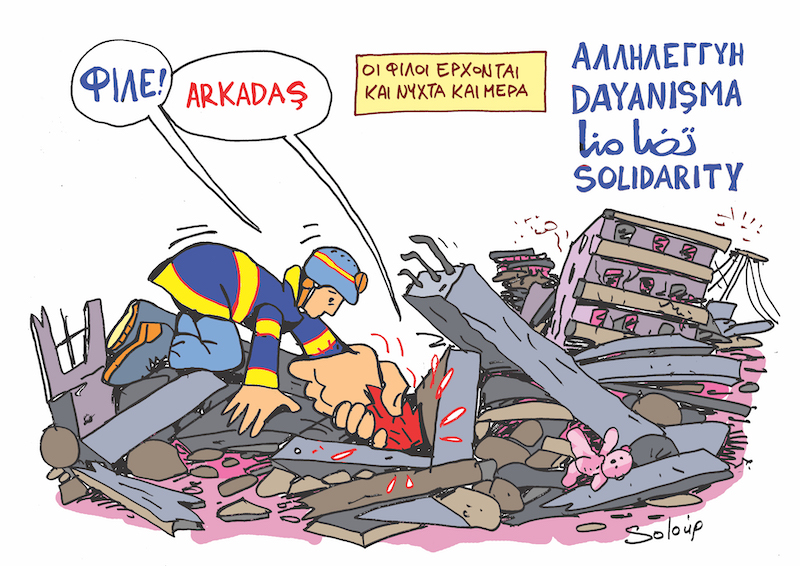
The tragedy in Turkey has shocked its neighbours and the rest of the world. In Greek cities like Athens and Thessaloniki, volunteers collected food, clothes for adults and babies, first aid kits, painkillers and other medicine, blankets, sleeping bags and cash to send to the affected zones. By last Thursday, Greece has sent 90 tonnes of aid to Turkey.
The deadly earthquake of 6 February cost the lives of more than 37,000 people. This reminded me of the deadly earthquake of 1999 in both countries. In Turkey, 17,000 people died in that incident, and 143 in Athens. Greek and Turkish rescue teams worked together. Then as now, the Greek and Turkish foreign ministers met and spoke warmly, giving hope for a change in the relations between the two countries.
In the same spirit, people on Facebook, Twitter, and Instagram are posting photos of Greek and Turkish rescue teams joining forces, or Greeks retrieving survivors from the ruins.
Greek media detailing the tragedy includes headlines such as “Wave of solidarity for the people in Turkey”, “Humanitarian aid collection points for the earthquake victims in Turkey-Syria”and “The thanks of the Turks on social media for the help of Greece.”
The solidarity between the two countries has become breaking news in the west. The foreign press speaks about a new era between these two old “enemies”. They often forget or do not know the history of these countries. Beyond the wars, the differences, the nationalism and its instrumentalisation for political gain, are the people.
The diplomatic history between Greece and Turkey is complex and controversial. For a reader trying to grapple with the intricacies, it develops like a spiral that drags you down and crash-lands you. Beyond and above politics are people; they always are, regardless of whether many forget this.
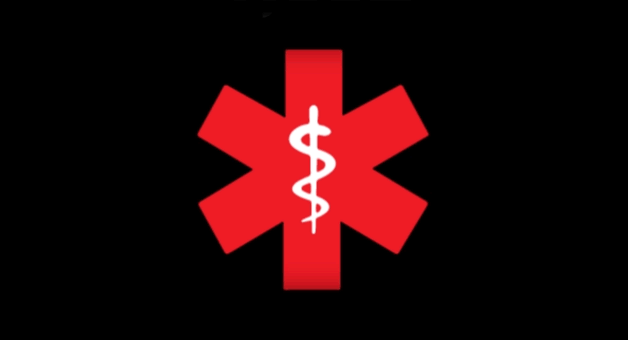
The EU had deployed 1,652 emergency responders to Turkey through its Civil Protection Mechanism by the time we went to press. They are part of the 36 EU medical and technical teams currently in the area providing emergency support.
The number of EU rescue personnel responding to this disaster is unprecedented. As a comparison, a similar contingent of 250 specialists was recently sent to Chile to combat the dangerous wildfires, affecting around 300,000 ha of forests and claiming 24 lives.
The current teams are only first responders, more material and financial aid will be provided to the disaster struck area in the forthcoming weeks.
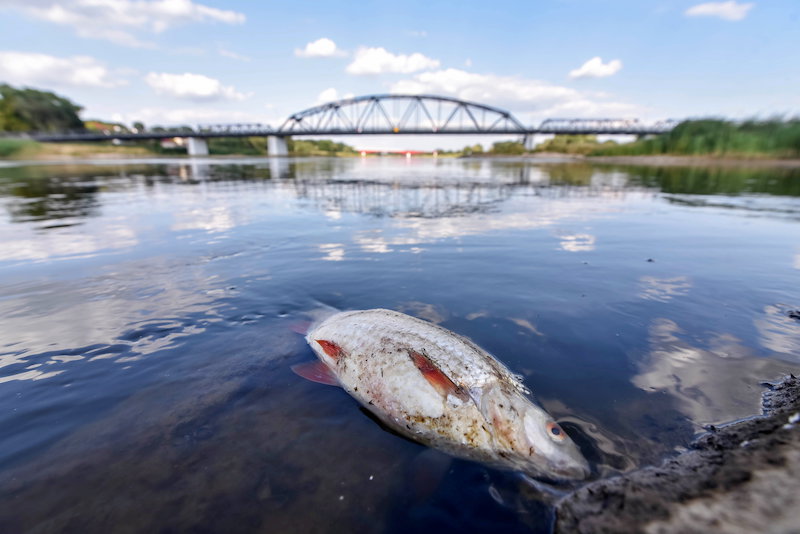
Looking for good examples of cross-border cooperation between EU countries? Poland has shown how this should not be done.
Odra is Poland’s second-largest river, and runs along a section of the Polish-German border. Part of its basin is also on the German side. A shared river means common problems and challenges: protection of the environment, defence against floods, the maintenance of bridges, and the development of tourism.
Besides major floods (the biggest in Poland took place in 1997), nothing happened around the Odra of interest to journalists in the national media, until the dry summer of 2022. Photos of thousands of dead fish flowing down the Odra went viral through Europe. A major river in Poland haddied.
Finally, the poisoned wave reached Germany. If the Polish had informed the Germans of the coming environmental disaster, they would have had time to prepare. They would have cut off the rivers and canals flowing into the Odra, and mobilised their emergency services.
Nobody from Poland called their neighbours or even sent an email. Instead, allegations by national-conservative activists appeared, arguing that the Germans had poisoned the Odra, and were trying to shift the blame on the Poles.
These accusations sounded surreal; it would mean the poison would have had to flow upstream, because the first dead fish were spotted 200 km from the German border, deep into Polish territory, and closer to the source.
The poisoning of the Odra may be repeated this summer. The river is still salted, the water level will most likely drop due to hot weather and climate change. Poland will face legislative elections and the anti-German narrative is important to the national-conservative ruling PiS party.
Will that again be the reason, why nobody from Warsaw will message Berlin?
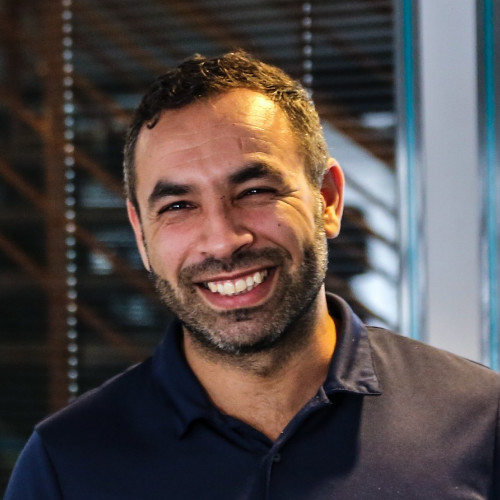
Based in Gaziantep,Turkey, Hakim Khaldi is the head of studies for the Middle East zone in the French NGO Médecins Sans Frontières, which is responding to humanitarian needs in northern Syria after the earthquake killed more than 37,000 people in the region, including more than 3500 in Syria.
What are the current needs in Syria?
On the medical side, there are needs at all levels. The majority of people living in the Idlib area are displaced, even multiple-displaced. When the earthquake happened on Monday (6 February), a lot of people flocked to the hospitals. Médecins Sans Frontières (MSF) has one of the few burn hospitals in the opposition areas. We had to donate equipment, vehicles and medical teams to the affected areas. Border hospitals do not have the capacity to treat Syrians, many of whom are seriously injured, and most [nearby] Turkish hospitals have been destroyed or damaged. The current situation takes us back five years. There are even fewer hard buildings available and even more people living in tents.
Syria is a country at war and many States do not recognise the legitimacy of Bashar al-Assad’s regime. How does this complicate the delivery of humanitarian aid?
There are two main complexities. The first is that Syria is a country at war. The second is that Western countries cannot send bilateral aid because of US sanctions. In Turkey, on the other hand, aid has been sent by several states, including France, Qatar and Saudi Arabia. However, they cannot land a humanitarian plane in Damascus or Aleppo. They are therefore dependent on border countries to deliver aid.
Is this also complex because the region of Idlib, the last enclave of the Syrian opposition, is beyond the control of the regime?
The regime does not provide any aid there. In northern Syria, the population is dependent on the international border crossing Bab al-Hawa, on the Syrian-Turkish border. The absence of bilateral aid has major consequences for MSF: our emergency stock is empty. We have to ask for emergency orders, but it takes time, since Turkey is itself affected by the earthquake. Since 2014, a UN resolution has renewed the Bab al-Hawa corridor every six months, which complicates the continuity of the healthcare system.
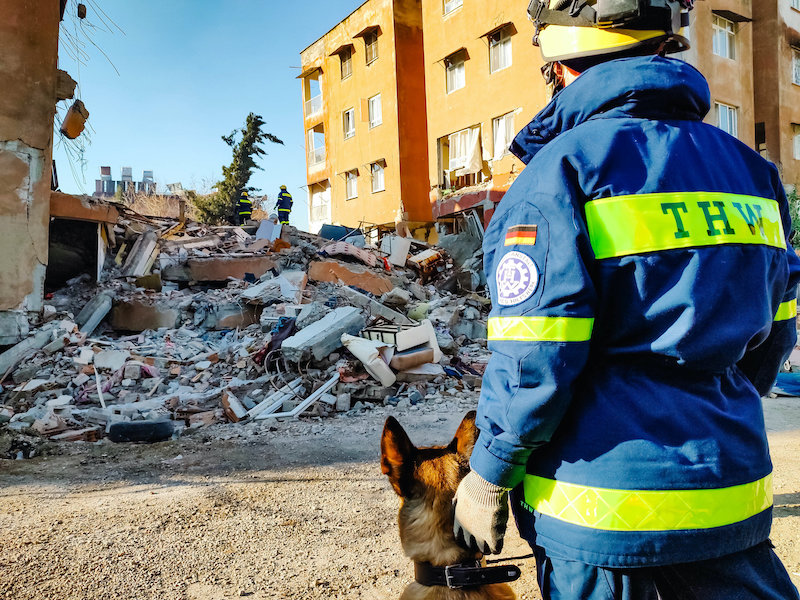
Austerity is over in Germany! Two hundred billion Euro for reining in wild inflation and energy prices, another hundred billion for gearing up the military, and … 2.7 billion for humanitarian aid in 2023?
What seems like a drizzle compared to other recent money showers is actually the world’s second-largest budget for global crisis and disaster relief, trailing only behind the United States. But while putting money on the table can be important, Germany glosses over one simple fact: that quantity doesn’t always equal quality.
Relief en masse
Germany’s budget for international humanitarian aid makes even the European Commission pale in comparison. But what the country needs is the organisational structure to put its money where somebody else’s mouth is. Instead, much of it is shoved into large organisations. “Help has to become a lot more localised,” criticised Ralf Südhoff, who heads the Centre for Humanitarian Action, a Berlin-based think tank.
Ironically, this centralised trend is almost reversed within Germany itself. While the federal government is tasked with protecting its people in times of crisis, each of Germany’s sixteen states has its own relief services for natural disasters, 90 percent of which is run by trained volunteers. What they lack is funding and coordination, both between states and within the federal hierarchy.
History lessons
When in July 2021, the Ahr valley in Germany’s southwest suffered a devastating flood, push came to shove: more than 130 people died, because local authorities misinterpreted warning signs and issued evacuation orders too late. The area is prone to flooding, but history, too, was disregarded. Human lives could’ve been saved, had the state taken the existential threat of natural disasters seriously.
Unfortunately, little has improved since. Warning sirens remain underfunded, joint protocols have hardly been established, and climate change issues still aren’t front and centre.
When Karl Marx wrote his Eighteenth Brumaire of Louis Bonaparte, he claimed that great historic events tend to repeat themselves: first as tragedy, then as farce. Tragedy has already happened in Germany. The farce is to believe we’ll heed the siren’s call next time.
Thanks for reading the 19th edition of European Focus,
As you can see there is still much to be done when it comes to managing humanitarian aid. There are problems especially in countries at war where access is difficult. It remains to be seen whether Europeans will learn lessons from current events.
We look forward to your comments.
See you next Wednesday!
Michał Kokot

